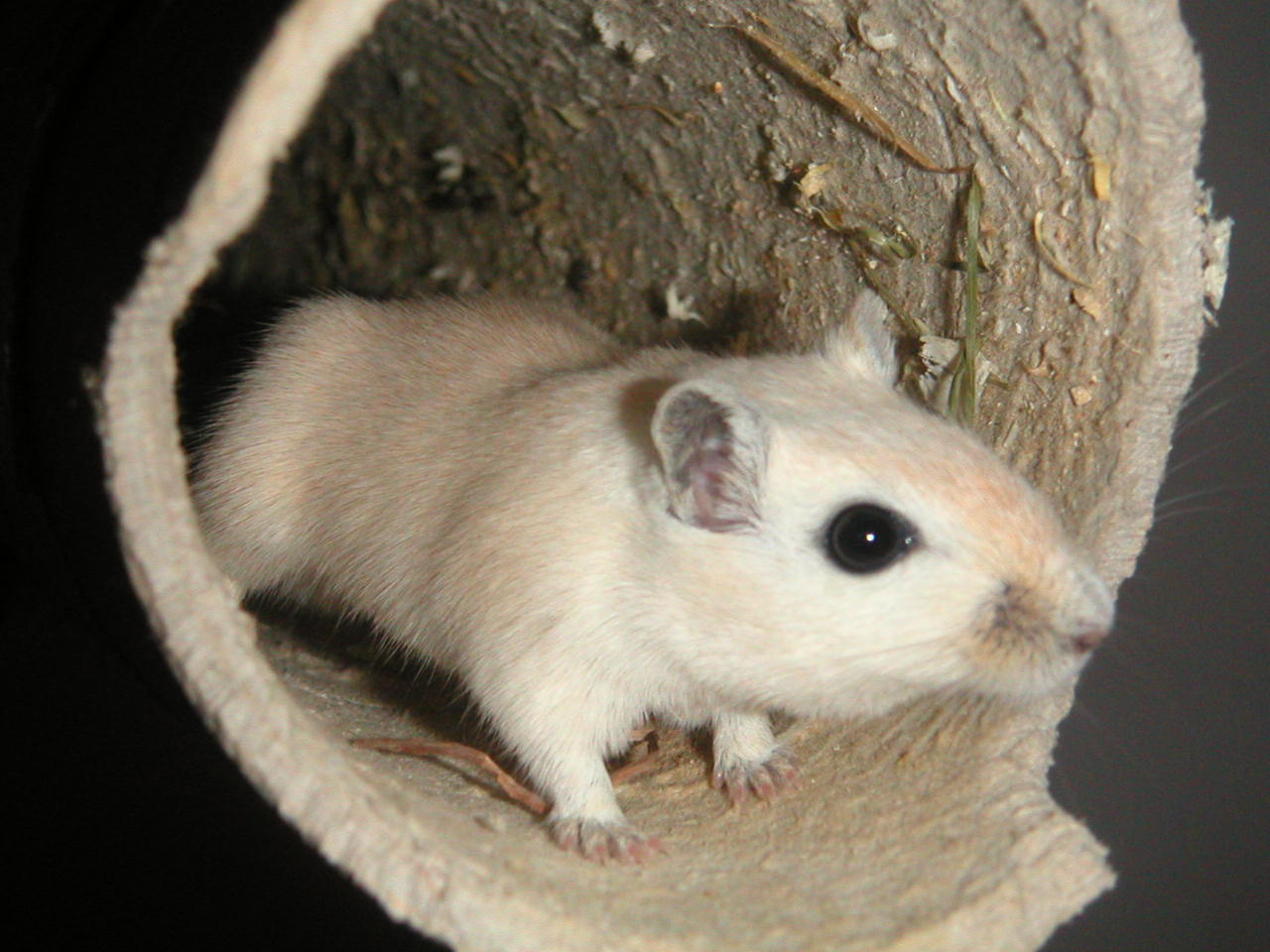Dog Nutrition Basics
February 23, 2021Cereals and grains are commonly used in dog foods to bulk them out as they are cheap. Dogs don’t need cereals or grains to be healthy, and some of them can cause digestive issues. Wheat or wheat gluten causes the most issues as it is very difficult for them to digest. Many dogs also have an allergy to wheat, causing issues such as bald patches and itchiness. Whole rice is one of the more acceptable grains. It’s digested easier. Corn is one of the most popular cereals and is the cheapest, It has very little nutritional value and a high carbohydrate value; the dog needs to eat more causing weight issues. This also means that it works out more expensive in the long run.
Types of food
Most dogs are fed on dry food. High end foods contain enough supplements and high meat content to allow your dog to thrive. The crunch in dry food helps remove plaque from teeth but it’s not always suitable for older dogs with fragile teeth. There are plenty of grain free options and it’s easy to pick one suited to your dogs specific need, for example: oral care, weight loss or joint care.
Wet food can be mixed with water to make a gravy, good for dogs which wont eat or have no teeth. Wet food should be given with plenty of chews as can cause plaque to build up on the teeth and gums.
Raw food must be fed with veg/fruit for a complete diet. It can be fed alongside dry as long as the dry food is fed afterwards to avoid digestive issues such as constipation. Supplements such as those for joint care and oral care should be added for older dogs or dogs with existing medical conditions. Raw food requires more organisation as the food must be thawed before feeding.


